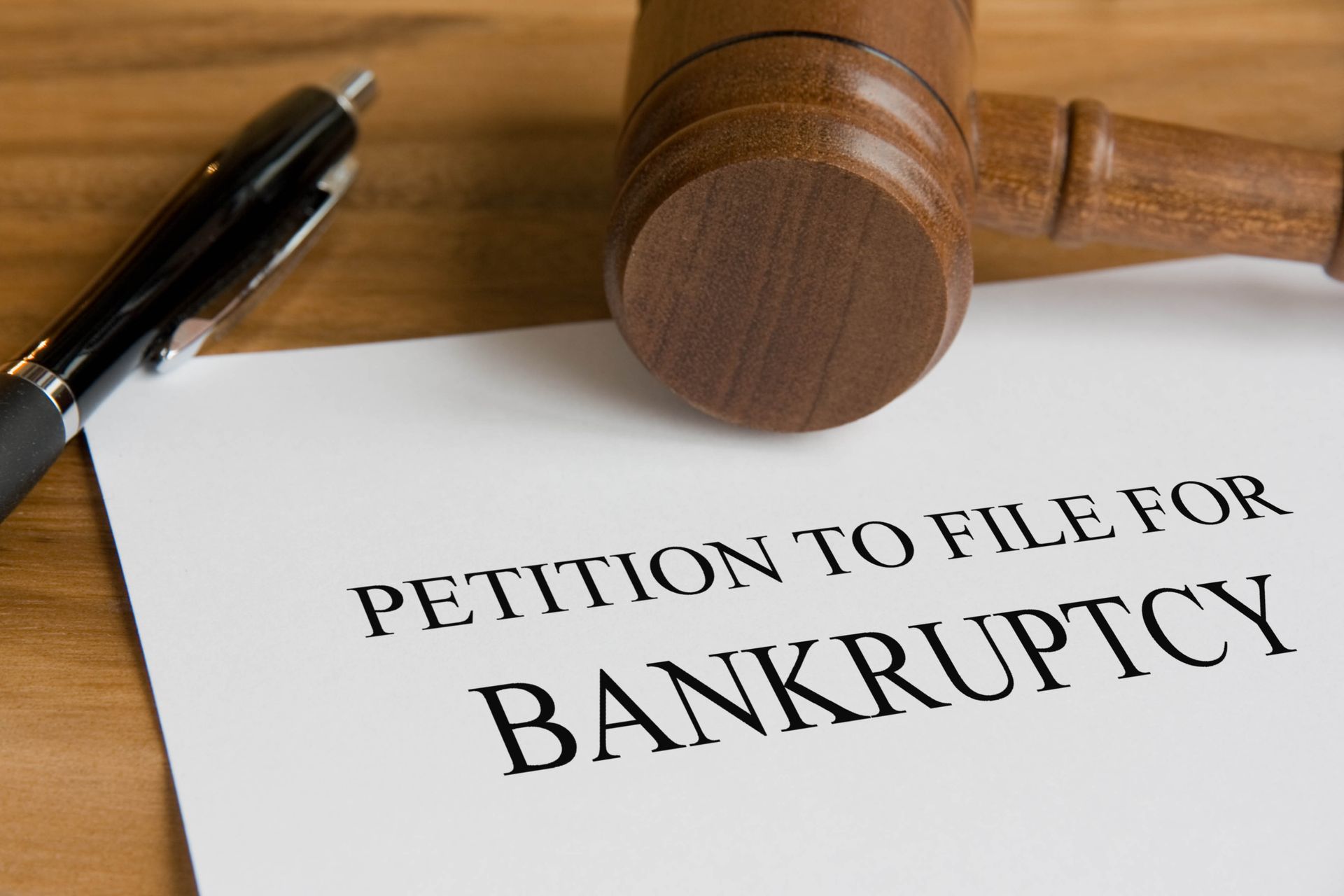A Breakdown of Bankruptcy Law: What You Should Know for Your Case
Bankruptcy law can be complex and daunting for those who find themselves facing financial distress. Whether you're an individual or a business entity, understanding the legal framework governing bankruptcy is crucial to navigating your path to financial recovery. According to Monitor Daily, the number of bankruptcy filings in 2024 reached 508,758. This blog post will provide an overview of key aspects of bankruptcy law, different types of bankruptcies, and important considerations for those considering bankruptcy as a viable option.
Different Types
Firstly, it's essential to understand the different types of bankruptcy available in the United States. The most common types for individuals are Chapter 7 and Chapter 13 bankruptcy. Chapter 7 is known as liquidation bankruptcy, where non-exempt assets are sold to pay off creditors. Conversely, Chapter 13 allows individuals with a steady income to devise a plan to repay all or part of their debts over three to five years. Businesses generally file for Chapter 11 bankruptcy, which provides them with an opportunity to reorganize and continue operations while repaying creditors.
Protections to Know
The bankruptcy filing process begins with petitioning the bankruptcy court, which involves gathering detailed financial information and completing requisite forms. According to Monitor Daily, the total bankruptcy filings in 2024 equaled 508,758, illustrating how many individuals and entities seek relief through this legal process. Once a case is filed, an automatic stay goes into effect, which halts most collection actions against the debtor. It's important to know that not all debts can be discharged in bankruptcy; for instance, student loans, certain taxes, and child support obligations typically remain the responsibility of the debtor.
Legal Guidance
In preparing to file for bankruptcy, it is crucial to seek guidance from a qualified bankruptcy attorney. An attorney can help ensure that the correct forms are completed accurately and that each individual or business fully understands their rights and obligations. They can also provide insight into potential pitfalls such as fraudulent transfers or preferential transfers that could negatively impact the case. Having professional support can make the process smoother and increase the likelihood of a successful outcome.
Understanding bankruptcy law is vital for an individual considering this legal avenue to manage overwhelming debt. While the process is intricate, being informed about different bankruptcy options and seeking professional legal assistance can make a significant difference. Bankruptcy presents a chance for a fresh start, but it requires careful planning and execution to ensure it results in the desired financial recovery. Working with a trusted professional is always the best route to take, reach out to our team at Bravo Law APC today to get started!



Share On: